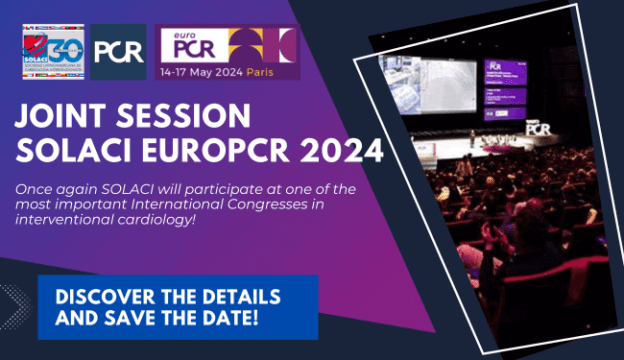The international registry TRANSIT has shown treating degenerated transcatheter aortic valves (TAVs) with a second TAVR is safe and effective. These finding are of crucial importance to the definite adoption of TAVR in the lower risk, younger population.

Transcatheter aortic valve replacement (TAVR) has determined a paradigm shift in severe aortic stenosis treatment. Technological innovation and growing expertise have allowed to significantly reduce adverse events compared to the early days of TAVR.
However, durability was, or still is, a question to be answered over time. After this registry outcomes, TAV durability becomes irrelevant, since they provide the solution to this problem.
Researchers from 28 centers around the world included 172 TAVR patients receiving a second TAVR for degenerated first TAV (33%), regurgitant TAV (56%) or a combination of both (11%). Most patients (73.5%) were in functional class III-IV.
According to VARC 2 criteria (Valve Academic Research Consortium 2) procedural success rate was 79% as a consequence of 14% residual gradient and 7% regurgitation.
Read also: Myocarditis and mRNA COVID-19 Vaccines: New Information from the CDC.
All-cause mortality one year after the second procedure resulted 10% while new hospitalization and functional class III-IV rates resulted 7.6% and 5.8% respectively. There were no significant differences between subgroups.
There were no valve thrombosis cases.
Conclusion
Transcatheter implantation of a second prosthesis in select patients with degenerated or regurgitant TAVs is feasible, and has high success and low complications rates.
Original Title: Transcatheter Aortic Valve Replacement for Degenerated Transcatheter Aortic Valves: The TRANSIT International Project.
Reference: Luca Testa et al. Circ Cardiovasc Interv. 2021 Jun;14(6):e010440. doi: 10.1161/CIRCINTERVENTIONS.120.010440.
Subscribe to our weekly newsletter
Get the latest scientific articles on interventional cardiology





